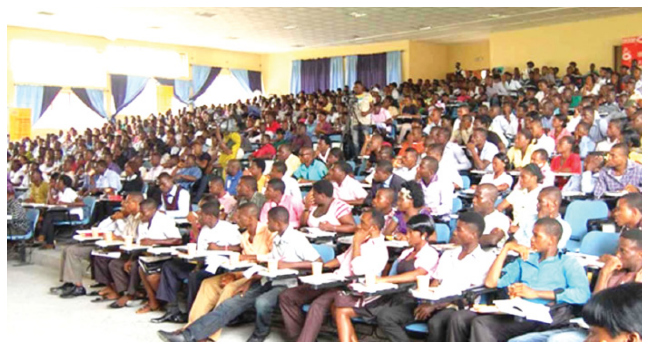Education Minister reverses 18-Year Age Limit for admission into tertiary institutions


The new Minister of Education, Dr. Tunji Alausa, has officially reversed the previous administration’s policy that set an 18-year minimum age limit for admission into tertiary institutions, affirming that the existing 16-year benchmark will remain in place.
Dr. Alausa made this announcement at his inaugural briefing in Abuja, accompanied by the Minister of State for Education, Dr. Suwaiba Ahmad, and Permanent Secretary, Dr. Nasiru Sani-Gwarzo.
This policy shift undoes a recent decision by former Minister of Education, Prof. Tahir Mamman, who had planned to introduce the 18-year age minimum starting with the 2025/2026 academic session.
Dr. Alausa explained, “We will not be moving forward with the 18-year admission benchmark. The age limit will remain at 16, and we will consult with JAMB and other stakeholders to solidify this policy. There will also be considerations for gifted students.”
In addition, Dr. Alausa shared his vision for enhancing Nigeria’s education system, emphasising the need for practical training to address the growing unemployment rate.
He suggested that tertiary institutions should focus on producing skilled graduates ready to meet industry demands and announced plans to collaborate with private sector entities to equip students with valuable, real-world skills.
Furthermore, Dr. Alausa confirmed that the Federal Government’s decision to invalidate over 22,700 degree certificates obtained from unauthorised universities in neighbouring countries like Togo and Benin Republic will stand, stating that maintaining the integrity of Nigeria’s educational standards is crucial.
Dr. Alausa also noted the government’s intent to empower universities of agriculture to adopt commercial farming methods as part of broader efforts to tackle food insecurity in the country.
This strategy aligns with the ministry’s overarching commitment to transform the education sector, supporting students with industry-relevant skills while boosting the agricultural sector to enhance food production.








